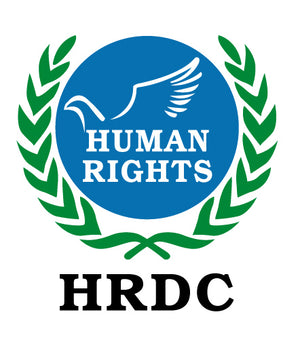
HRDC: Medical treatment for the victims of relationship Violence in Bangladesh
Incidents of domestic violence have shot up in recent months in Bangladesh with nearly 750 cases reported last year. Women, even those contributing to their families, often become victims of violence at the hands of their husbands or in-laws for various reasons including dowry. Many more cases are not reported. But despite the rising number, only a fraction of the victims get justice because of the slow trial process. Experts say the lack of moral and ethical education is the root of such incidents.
The Problem
Experts say violence against women is tarnishing Bangladesh’s achievement in women empowerment. It was placed at 47th position among 144 countries in the World Economic Forum’s Global Gap Report 2017. The Center for Genocide Studies (CGS) report, on the other hand, notes that gender-based violence remained a critical challenge for Bangladesh. The number of women tortured by their husbands and in-laws increased to 442 in 2017 from 385 in 2013. As many as 303 dowry-related cases were reported last year, up from 239 in 2016. Women, even those contributing to their families, often become victims of violence at the hands of their husbands or in-laws for various reasons including dowry. Many more cases are not reported. But despite the rising number, only a fraction of the victims get justice because of the slow trial process. Experts say the lack of moral and ethical education is the root of such incidents. Rima Begum, 25, for example, died on March 4 after allegedly being tortured by her husband Shipon Howlader and in-laws for dowry. Her brother Arif said his sister was often tortured for dowry after their marriage one and a half years ago. She had injury marks on her body when she was taken to Ujirpur Health Complex. Ujirpur police’s Inspector Helaludddin (investigation) said they had arrested Rima’s husband and his parents. “We will take further legal actions after the autopsy report comes out,” he added. Another victim, Sultana, a teenager, was happily married. Once their first child was born, her husband started putting pressure on her for dowry. He started torturing his teenage wife physically and psychologically, the victim claimed.
BMP says the number of domestic violence incidents between January and March is 108 while the dowry-related incidents are 53.
The Solution
Experts blamed the lack of understanding between the spouses and greed for the incidents. Alena Khan, head of Bangladesh Human Rights Foundation, said: “The male members of a family show violent attitude towards their female counterparts due to a lack of ethics and morality.” She suggested enacting a new policy and counsel males as well as imparting moral education at schools to help the psychological development of the boys. ASK Senior Deputy Director Nina Goswami said lengthy judicial processes encouraged the male partners to continue violence. The victims fail to continue case procedures and get marginal support from their families and the society. Research Initiatives, Bangladesh (RIB) Executive Director Meghna Guhathakurta said in the CGS report that “the privileged community doesn’t want women to become empowered because they are not willing to change the system.” In CGS report, Associate professor Dr Tania Haque of Dhaka University’s Department of Women and Gender Studies, noted: “Upgrading of woman’s situation cannot be achieved without an acceptance of the situation they face and the needs they have. “We need to remember that sustainable development cannot be achieved until women of a country can obtain their due rights.”
Planned Use Of Funds
The fund will be used for the victims medical treatment. Medical assistance will includes, residential treatment, referrals to specialists and mobile health clinics. The medical assistance will treats the physical after-effects of relationship violence. Following diagnosis by a general practitioner, treatment will be provided by medical specialists in the fields of orthopaedics, neurology, physiotherapy, paediatrics, sexual health, urology as well as traditional healing and complementary medicine. The project will provide medico-psycho-social support to victims of torture through 10 mobile treatment clinics for 100 victims of the relationship violence in Bangladesh initially one in each camp to provide services to recent victims of Violence. Emphasis will be given for recently torture women victims and children’s. Victims will be followed-up at regular intervals during mobile camps that will be organized at regular interval. From experience we know that new victims will be treated during follow-up clinics.
Stage of Development
- Early Stage
- Established Prototype
- Scaling
- Other
Organization to Receive Funds
HRDC


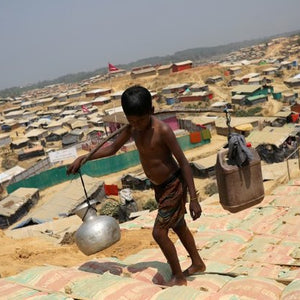
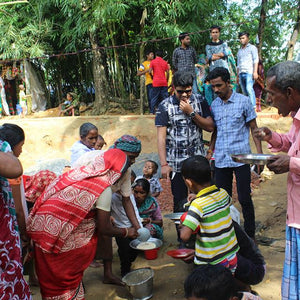
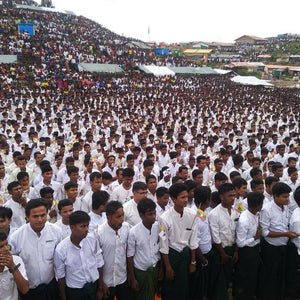
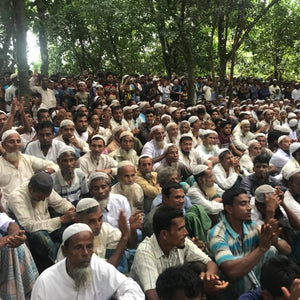
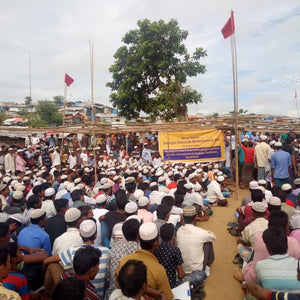
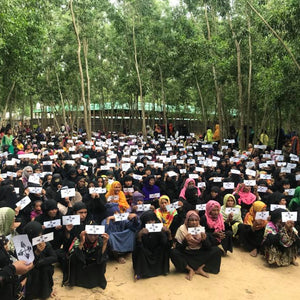


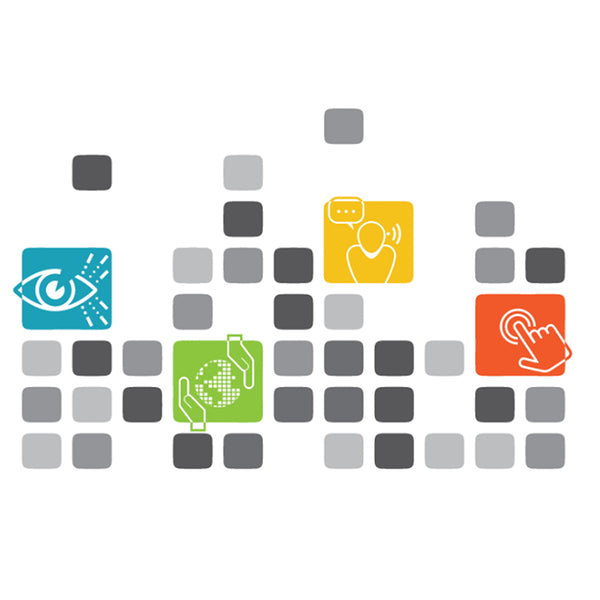
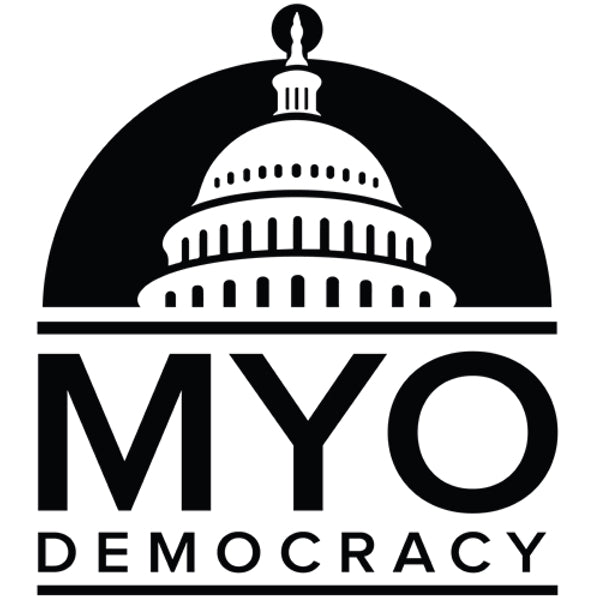





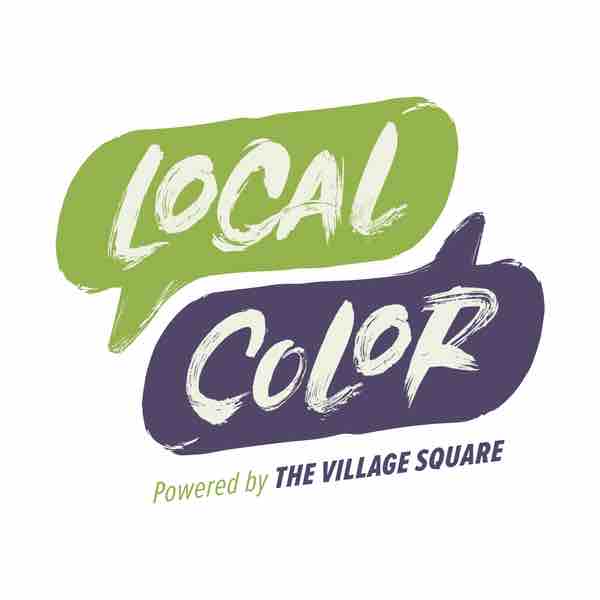


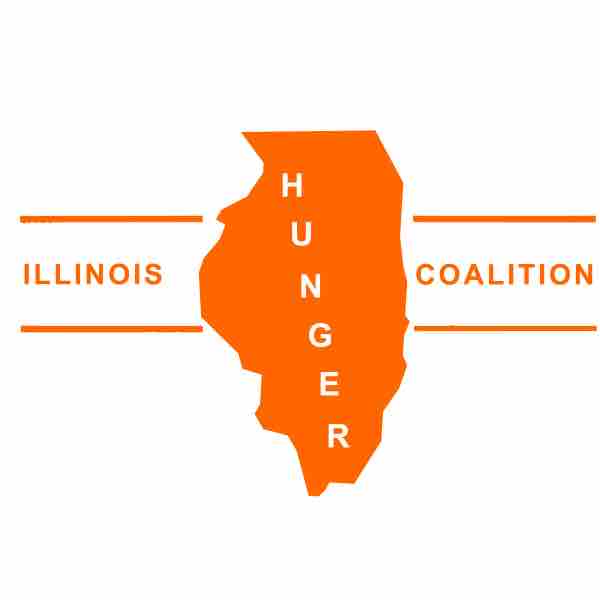

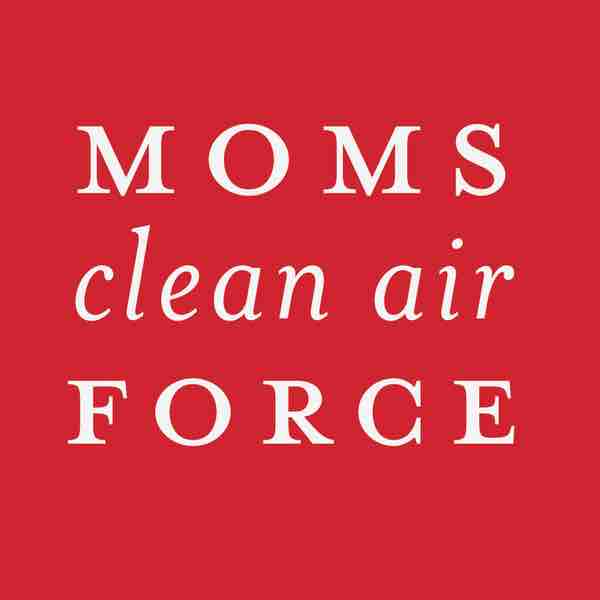
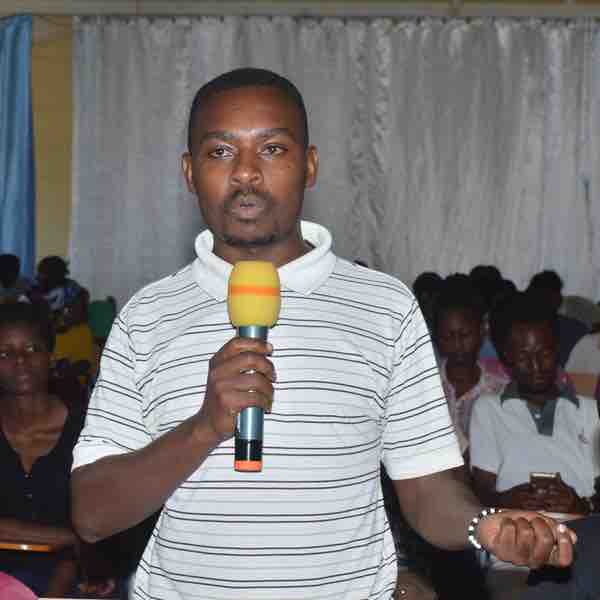
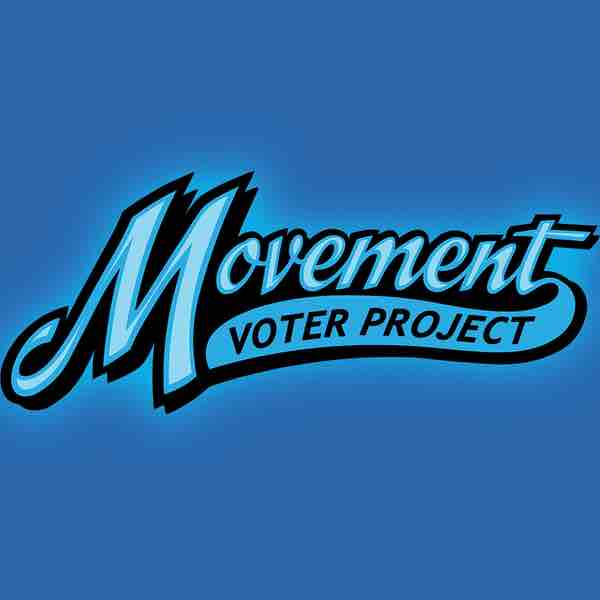


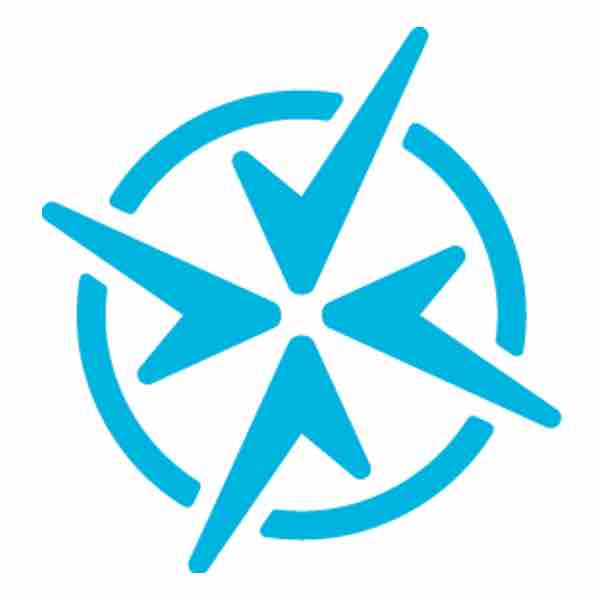
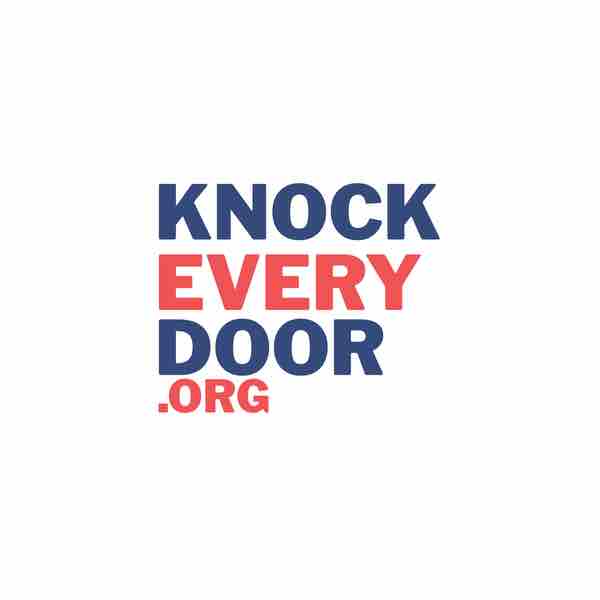


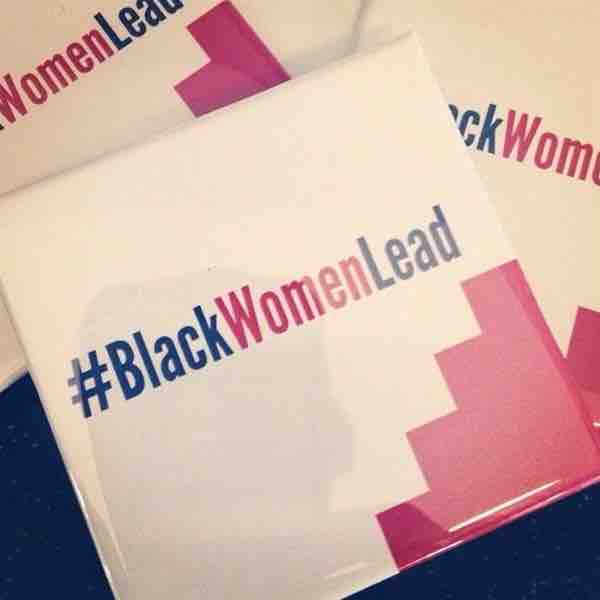
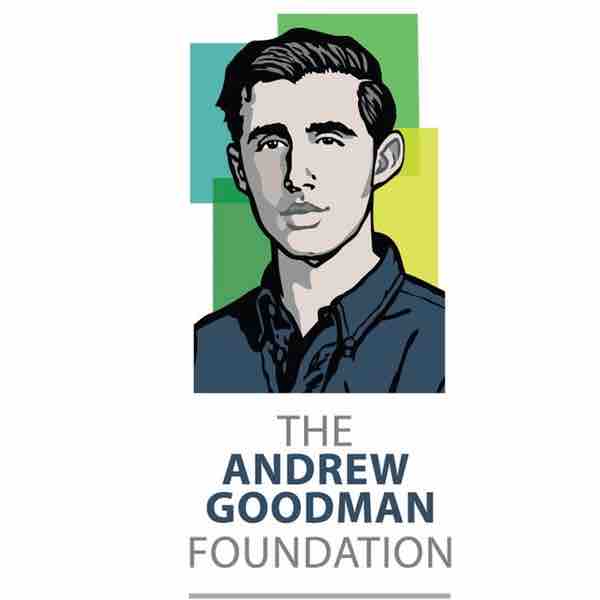




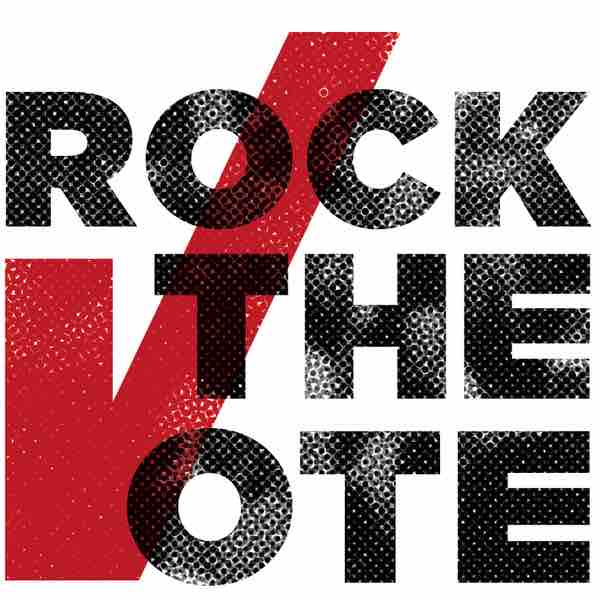
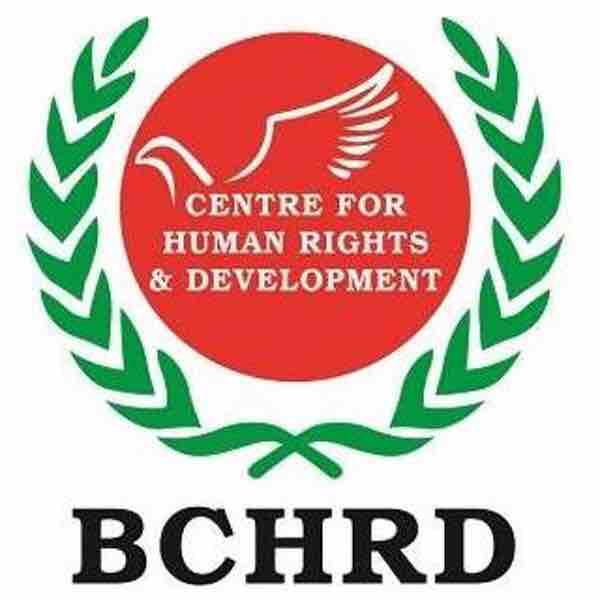

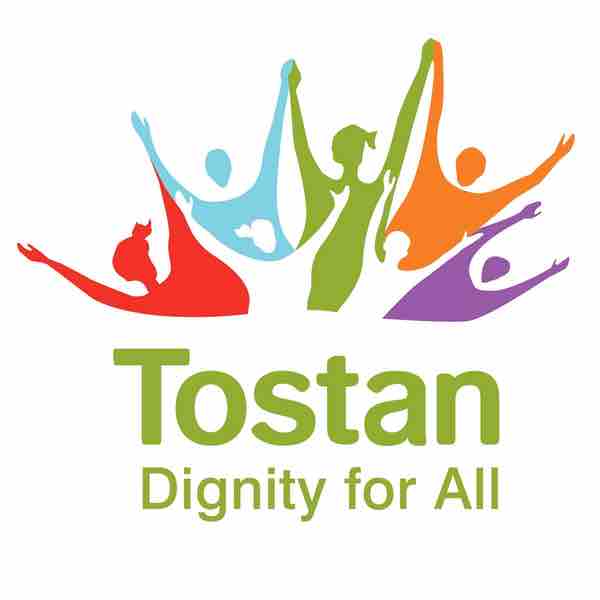





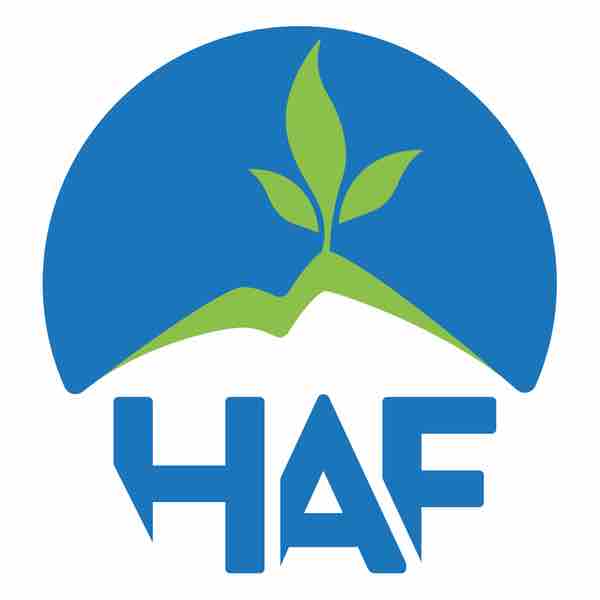
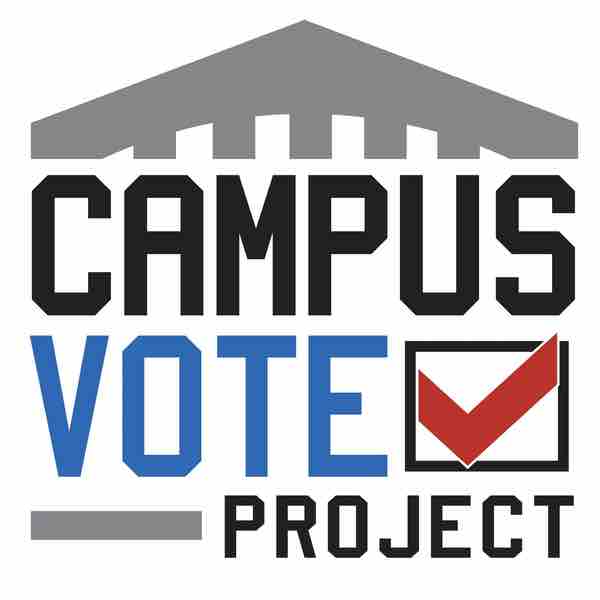

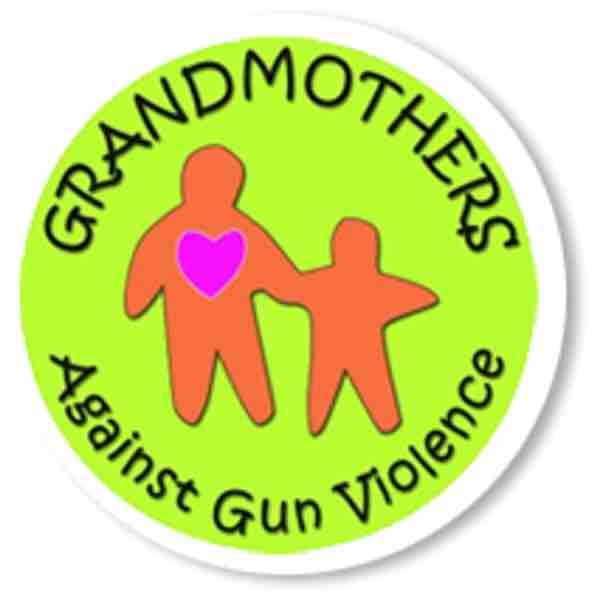

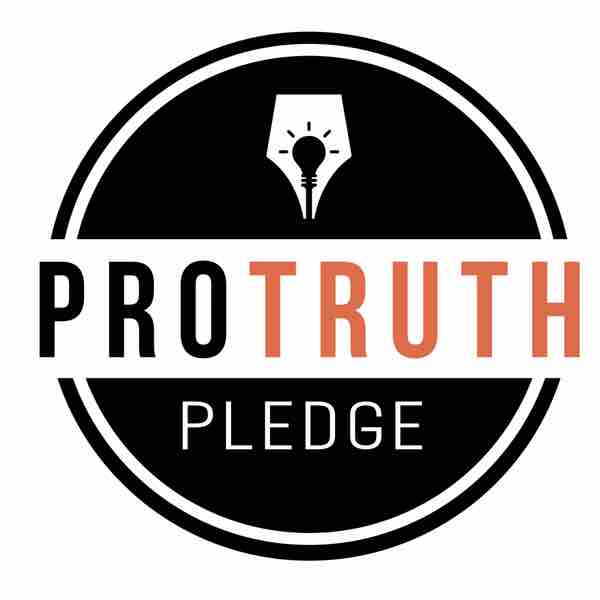
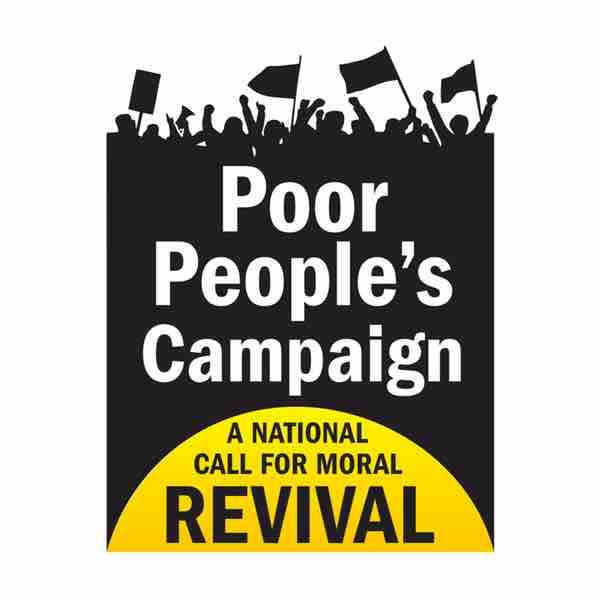


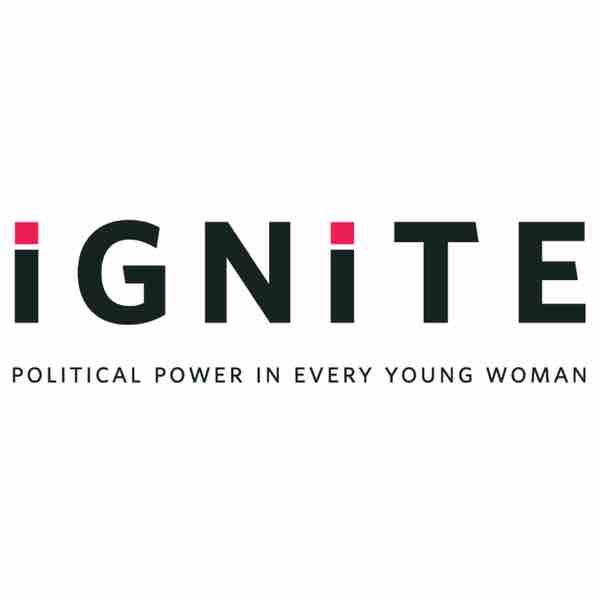
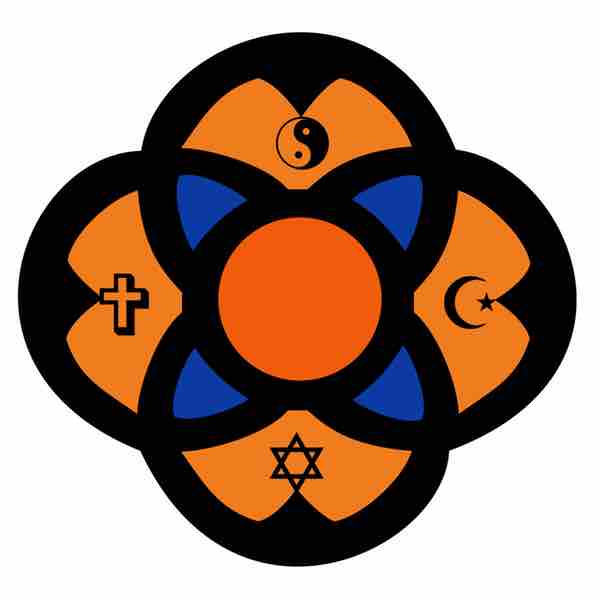
Join The Discussion